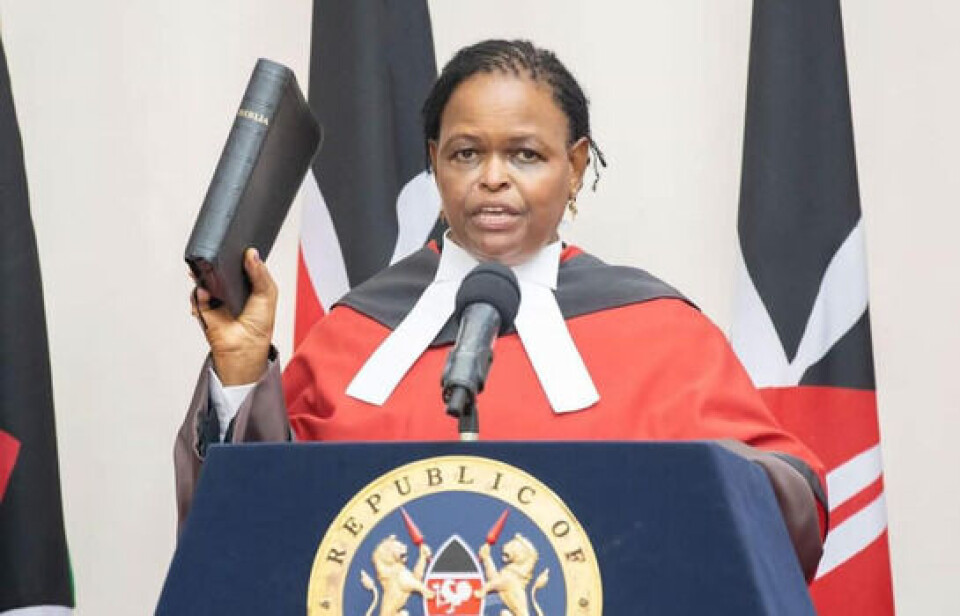Chief Justice Martha Koome recently presented two Bills to parliament – the Penal Code (Amendment) Bill and the Criminal Procedure Code (Amendment) Bill, 2023, in which players in the criminal justice sector want lesser sentences for capital offences, and the abolition of outdated crimes.
“The principal object is to amend the Penal Code to provide for human-rights-friendly language; to remove the subjection of children from detention at the president’s pleasure; to shift burden of proof from accused person to the prosecution; and to repeal petty offences,” said Koome.
For capital offences of murder, robbery with violence and treason, the Bill seeks to abolish the mandatory death sentence and replace life sentences with 30 years in jail.
Under the current Penal Code which was inherited from Britain in 1930 and has been in force ever since, those convicted of any of the capital offences receive a death sentence.
The Bill also categorises murder into first- and second degree murder and robbery with violence into first- and second degree. “It seeks to cascade the offences of murder and robbery in order to ensure commensurate punishment for the different offences; to amend the provisions relating to mandatory death penalty in compliance with the prevailing human rights standards,” says the Bill.
Commercial sex work, which has been punishable with a jail sentence of three years, is also set to be decriminalised if Members of Parliament approve the Bills.
The Bill proposes a repeal of some sections of the law which outlawed prostitution stating that “the principal Act is amended by deleting section 153, 154 and 155 of the Penal Code”.
The three sections criminalised prostitution and the use of any premises to support commercial sex work, and gave police the power to search premises and arrest suspected prostitutes. Under the proposed Bill, police will not have the power to search premises, and prostitution will be categorised as a petty offence, punishable through verbal sanctions, conditional discharge after arrest, probation, community service, and rehabilitation.
The Bills further propose to strip the president of powers to determine how long mentally ill persons and minors will stay incarcerated. The current law provides that mentally incapacitated convicts serve at the pleasure of the president, but the new law provides that anyone found guilty of any offence and who is judged to be insane will be taken to a mental hospital.
It also seeks to protect the rights of intersex persons by inserting a new definition of the term and outlawing arbitrary stripping of persons by police officers to ascertain their sex.
“Intersex person shall mean a person whom a trained health professional has certified to have been born with sex characteristics, including genital, chromosomal and hormonal patterns, that do not fit typical notions of male or female bodies,” reads the Bill.
The Bills also seek to define the operational period for suspended sentences, align language of courts and administrative units with constitutional provisions, and make special provisions for the trial and defence of persons with intellectual and psychosocial disabilities.
To join Africa Legal's mailing list please click here

